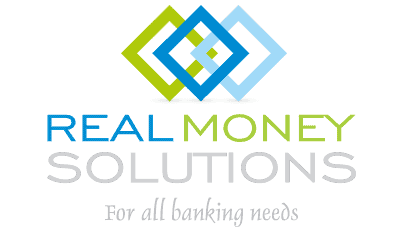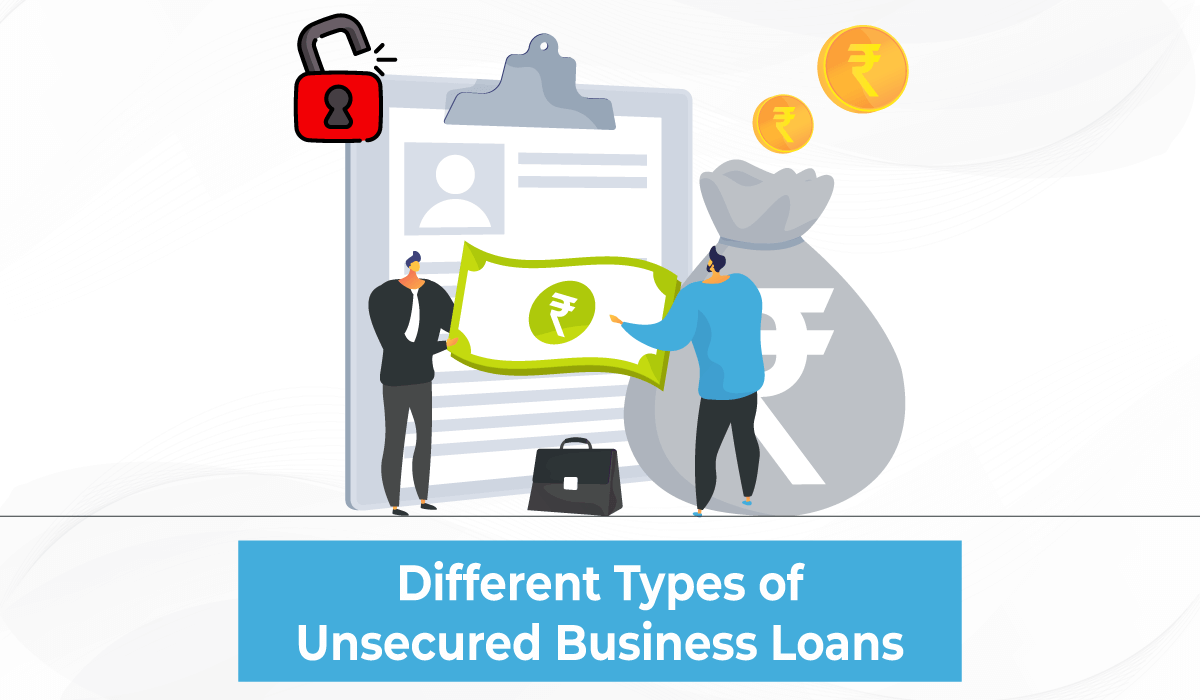A business’s growth depends heavily on a continuous flow of funds. This flow is crucial to closing deals, purchasing assets, expanding the business, paying the workforce, etc.
It may be easier for a large company to obtain these funds, whereas, for a small company, it may not be as easy if it cannot secure collateral to receive the cash. This is where unsecured business loans for startups come into the picture.
As the name suggests, this type of funding is offered by banks that do not require the applicants to provide any collateral to them. Business loans are unsecured loans based on an applicant’s financial record, credit score, income, and other factors.
Unlock the potential of your business with an Unsecured Business Loan!
Our informative guide sheds loans in the different unsecured loan types. They can help keep your business operations moving forward.
About unsecured business loan
One important thing to know about unsecured business loans is that they require no security, and the borrower’s assets do not secure an unsecured loan; instead, it is approved by the lender based on the borrower’s creditworthiness.
Term loans, consolidation loans, and working capital loans, are the three most common types of unsecured loans in India.
Also Read: 9 Different Types Of Business Loans In India
6+ Types of unsecured loans
Unsecured business loans can be divided into several types, and they are all popular among entrepreneurs. Before choosing which option is best for you, it is essential to understand what each option entails.
1. Revolving credit
This type of loan has a revolving credit limit, the total credit limit that the borrower can borrow at any given time.
A borrower can withdraw the maximum of their aggregate capital throughout a specified period; the period can be one month, three months, six months, or any other specified period they choose. During the interim, the borrower will have the opportunity to repay the amount partially or totally and withdraw again within the predetermined limits.
If the borrower does not return the amount within the specified period, they will have to repay the amount and any interest calculated on the amount withdrawn. Typically, revolving loans are credit cards.
2. Term loans
The term loan is an unsecured loan in which the borrower receives a lump sum amount and is required to repay the loan in fixed instalments over the loan’s term until it is fully repaid at the end of the loan period.
Most individuals choose to take out a loan for a long-term investment or to buy a fixed asset to make capital investments.
Generally, these loans have fixed interest rates and are available for a specified period.
3. Consolidation loan
A consolidation loan is another unsecured loan issued to borrowers who wish to pay off pre-existing debts, such as credit cards or other unsecured debts.
4. SBA Loan
Small business loans, offered by the Small Business Administration (SBA), have become increasingly popular for small businesses in the past few years due to their attractive terms, such as low-interest rates & even more extended repayment periods, when compared to the other types of loans.
The SBA makes loans to businesses in some cases without requiring collateral, but in most cases, they are secured loans. A personal guarantee is sometimes required even when collateral is not required. Still, a personal guarantee is more than likely necessary for your company to qualify for an SBA loan.
5. Merchant Cash Advance
When a lender offers a merchant cash advance, you can get a lump sum from them in return for a percentage of future sales. If you need cash fast, this may be a good option for you to consider, and it would be a great way to reduce the debt on your business in the future.
However, it can be tricky to determine how much repayment your business will have to make to the lender. In such a case, your company will be responsible for repaying the original amount to the creditor, including interest. With high-interest rates, you may find that the percentage is higher than you anticipated.
6. Working Capital Loan
Working capital loans are particularly useful for new businesses in that may have limited cash flow to cover their day-to-day expenses. A working capital loan for a new business in India can provide much-needed liquidity to help the business cover its operating costs and grow. These loans typically have short repayment terms and may be secured or unsecured, depending on the lender’s requirements and the borrower’s creditworthiness.
7. Overdraft
Overdrafts are a type of loan or credit limit offered by lenders, which can be borrowed in instalments. The interest on the overdraft is calculated based on the amount used or borrowed from the assigned credit limit.
These overdrafts are often secured with collateral or securities, such as fixed deposits, property, LIC policies, or securities. This collateral provides lenders with a level of protection in case the borrower is unable to repay the loan.
By providing access to short-term financing, overdrafts can be a helpful tool for managing cash flow and supporting businesses’ financial needs.
Eligible criteria for an unsecured business loan
Listed below are the eligibility criteria for unsecured business loans:
- When you apply for the loan, you must be 18 or older, and when the loan matures, your age must be 65.
- You need to have credit scores of at least 750 to qualify.
- The company should have a minimum of one year of profitable operations operated from the same location as the previous year.
- Payslips must demonstrate a steady source of income for the applicant.
- An up-to-date bank statement or information about your bank account.
Also Read: Key Differences between Secured and Unsecured Business Loans
Unlock the potential of your business with an Unsecured Business Loan!
Conclusion
If your business requires a loan without security then an unsecured business loan is the most suitable option available as of today. Unsecured loans are especially great for small businesses, learn why with our detailed guide: Why are Unsecured business loans better for small businesses?
Generally, unsecured loans have fewer complications and are processed faster than unsecured loans, making the process simpler and quicker.
The loan can be obtained in a matter of days, and there is less risk for the borrower since there are no security requirements. It is normal for an unsecured business loan to be offered based on your credit history; in this way, you would easily be able to obtain one.
Are you interested in procuring unsecured business loans in Mumbai so that you can get your business up and running? Then you should get reputed loan agents in mumbai to assist you in getting business loans so that your daily business operations are not disrupted.


